As technology advances in the automotive industry, threats to security of vehicles also grows, with tech-heavy cars becoming increasingly vulnerable either through their reliance on AI or their wide use of codes that could be hacked.
NoCamels takes a closer look at three companies now making a name for themselves in three different aspects of cybersecurity for vehicles.

C2A Security: Protecting Your EV From Hackers
Carmakers purchase components from various specialist companies, with unique code embedded within those different parts, making comprehensive cover from cyberattack a challenge.
Since July 2022, however, carmakers have taken ownership over all the code used in all the components in their new electronic vehicles. The measures, which are enacted in Europe but adopted by the industry as a whole, came into new effect as the United Nations started pushing for better cybersecurity in increasingly tech-reliant vehicles.
Israeli startup C2A Security – founded in 2016 by Cisco veteran Michael Dick – works with car companies throughout the entire development process, ensuring that the carmakers have digital control over every line of code – from planning to production. It also ensures that the software for a vehicle’s electronic components remains secure even after it has rolled off the factory floor.
“We’re doing an ‘X-ray’ of what the vehicle looks like from its electronic components,” Dvir Reznik, VP Marketing at C2A Security, tells NoCamels.
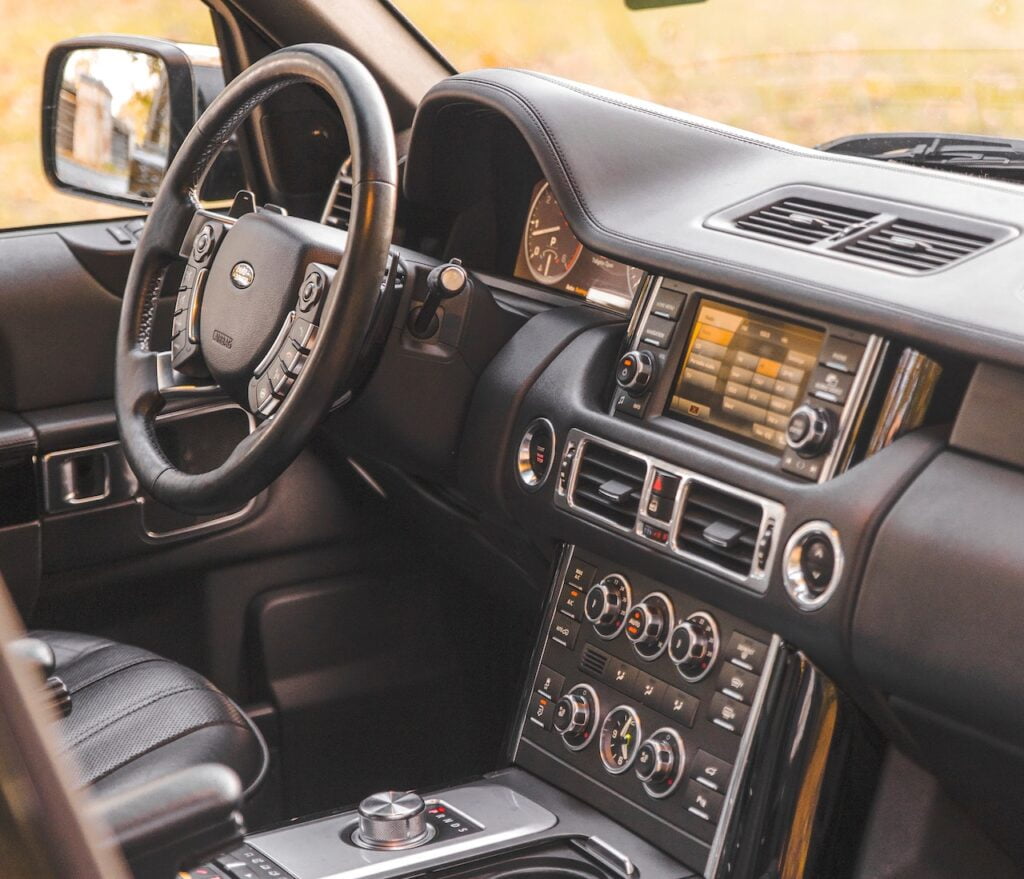
He says the Jerusalem-based company examines cars’ electronic control units – the embedded systems that control one or more of the electrical systems inside a vehicle – how many there are, how they are all connected and how data is being transferred from one to another.
“Basically, a car is a phone on wheels nowadays; there’s a million lines of code,” he says.
And that code makes a vehicle vulnerable to hackers, something that the prestigious McKinsey consulting firm warned back in March 2020.
In May, carmakers Hyundai and Kia agreed to settle a $200 million lawsuit over the thefts of certain models whose software could not be updated. In the same month, Toyota admitted that the private data of more than 2 million Japanese drivers had been publicly available for over a decade. While the leak was human error, the company said that “a lack of active detection mechanisms” had led to it going unnoticed for more than 10 years.
Once C2A has assessed the systems in a car, its team then decides which elements must be updated at once for security reasons and which are acceptable as they are.
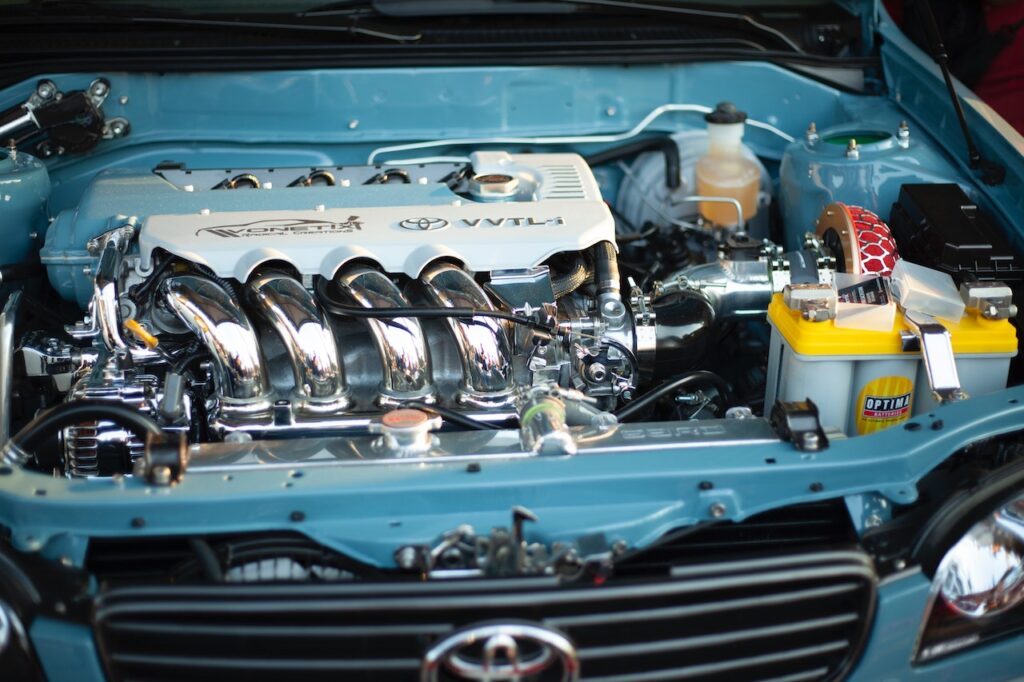
Reznick again draws comparison to a smartphone – saying some updates on it are optional, but some must be installed immediately to protect the device.
“They can say, ‘Listen, I’m going to update your phone tonight, whether you like it or not. Not only did I find a bug, but it’s exploitable. And if I don’t update it now, someone tomorrow can use that exploit.”
The company is making a name for itself, was this year named Cybersecurity Technology Breakthrough of the Year at the Automotive IQ Awards.
GuardKnox: Defense Expertise In Your Car
How do you provide top-notch security for cars as they become more dependent on tech? With a system created by former Israeli Air Force officers who helped build the tech still in use in planes today.
“There’s a lot more similarities between a fighter jet and a vehicle than your home computer and a vehicle,” says Jillian Goldberg, Chief Revenue Officer at GuardKnox.
The Ramla-based company was co-founded by CEO Moshe Shlisel, a former IAF Special Ops officer; Dionis Teshler, ex-Chief Information Security Officer for the F-35 fighter jet program; and Idan Nadav, former cybersecurity expert for the F-35s and the Iron Dome and Arrow III missile defense systems.
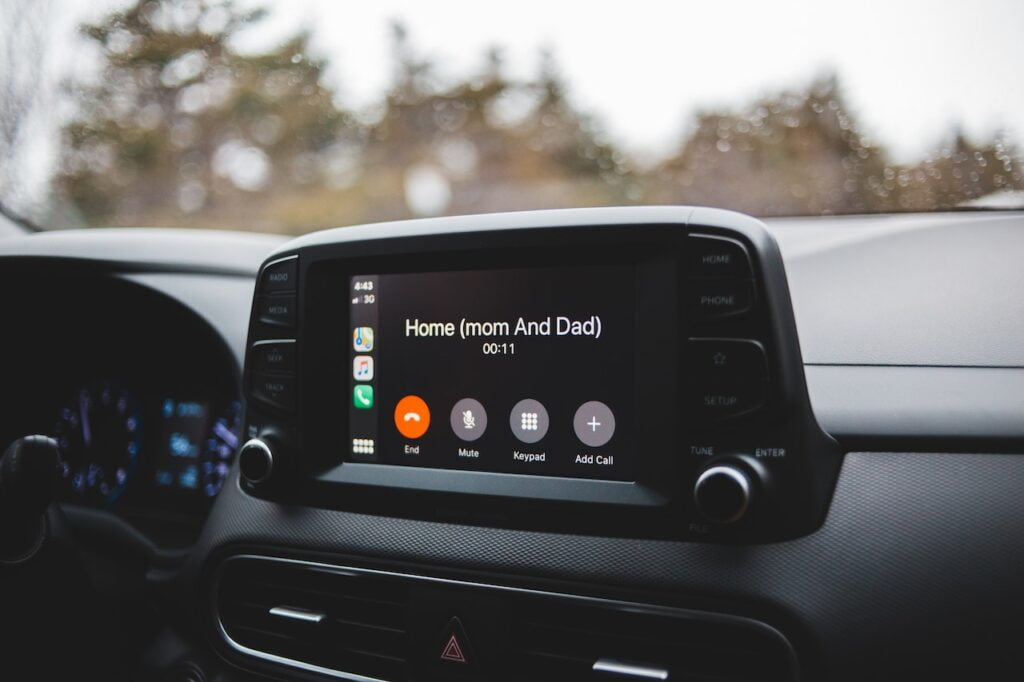
GuardKnox has two main products, covering both software and hardware in a car.
The software-related side secures the applications that you use in your vehicle, which Goldberg compares to an app store for your smartphone. But as tech develops, apps have more impact on how we drive than merely offering GPS and music players and therefore also need to be secured.
She explains that car owners today can download apps that can control your driving speed and where you physically drive, and hacking into these could pose a danger to those inside the vehicle. As such, they need to be safeguarded.
Sign up for our free weekly newsletter
SubscribeThe hardware product works with the electronic components that make the car go, offering protection from hackers trying to interfere with the actual operation of the vehicle.

And as Goldberg points out, a cyberattack on your car is a very different issue to cyberattack on your bank account.
“When we’re talking about security in a vehicle, it’s safety. It’s not, ‘oh, no, I’m locked out of my bank account,’ or ‘oh, no, I lost a few thousand dollars,’ which is horrible and we shouldn’t have to deal with that. But we’re talking about your brakes working or not working. It’s a very different conversation,” she says.
Like other startups in the automotive industry, Goldberg explains she cannot reveal which companies they are working with, but does say that GuardKnox works “very closely with the US Army and actually with all of their vehicles.”
Foretellix: Teaching Driverless Cars To Drive
Ever wondered how automated cars would be able to know what to do in any of the infinite scenarios that crop up on the roads without a driver’s steady hand on the wheel?
They know what to do because automotive startup Foretellix and its ilk have rehearsed that scenario using artificial intelligence machine learning.
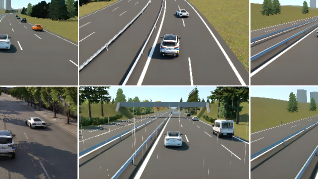
The Ramat Gan-based company uses AI to run millions of different scenarios on the road in order to teach driverless cars how to react to anything from another vehicle suddenly veering into the lane to a massive, unexpected traffic accident. Those lessons are then passed onto companies making the cars to include in a vehicle’s “brain.”
“Machines are not like us, they need to be tested and trained to do pretty much everything,” Dan Atzmon, head of global marketing at Foretellix, tells NoCamels.
“When I’m asking a machine to drive, and replace me as a driver, we would like that machine to be tested to the point where we know it will make very good decisions, at least on the level that humans do.”
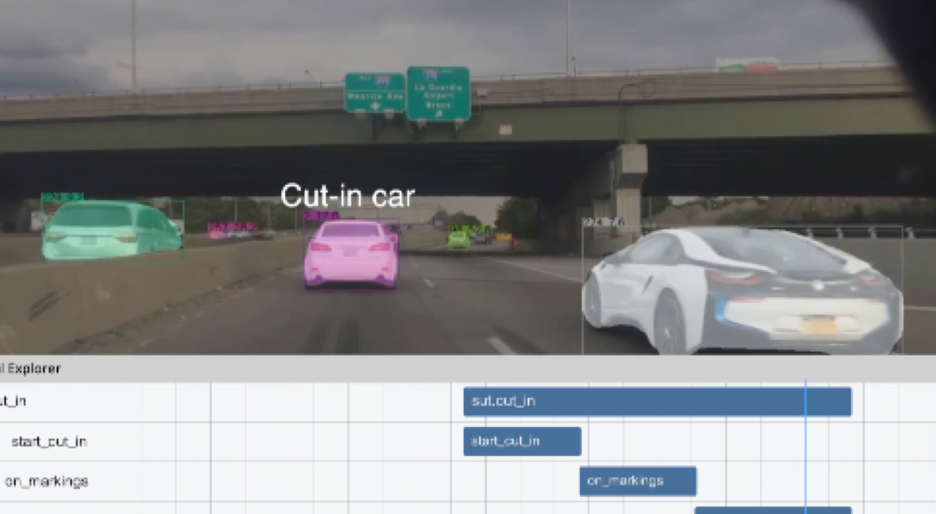
The attraction of automated vehicles is not diminishing. According to McKinsey, the driverless vehicle market could be worth up to $400 billion by 2035.
Atzmon says that making driverless vehicles infallible is akin to trying to “conquer infinity,” as there are an endless number of variables on the road.
“Nobody can do infinity. So what we do at Foretellix is basically say, ‘Okay, let’s break down driving and let’s look at driving in a very simplistic manner,’” he explains.
This means taking the most frequent moves used in driving and combining them into multiple, complex sets of maneuvers, with variables including speed, the number of lanes on the highway, and the weather.

“When you think about your commute every day, when you drive for the weekend, there’s between 30 to 50 different basic maneuvers that we use again and again in different combinations,” Atzmon says.
The program also runs through situations in which the automated cars must respond to poor decision making by humans, which Atzmon likens to bugs in a computer system.
“When we are using a car with autonomy software, we’re basically taking very complex hardware, amazing complex software and we’re throwing it at a world that is completely unpredictable. We have pedestrians, we have human drivers, we have cyclists, we have kids. Roads are very strange and unique, in all forms and shapes,” he says.
All of these scenarios were presented using a simple and intuitive open-source language devised by Foretellix, which itself proved so popular with automotive companies that it became the industry standard, according to Atzmon.
The company recently completed a funding round that raised $43 million, with investors including Toyota, NVIDIA and Volvo Group VC, a fact it celebrates although privacy agreements means it is remains mum about which companies are using its software.
Related posts

Editors’ & Readers’ Choice: 10 Favorite NoCamels Articles

Forward Facing: What Does The Future Hold For Israeli High-Tech?

Impact Innovation: Israeli Startups That Could Shape Our Future


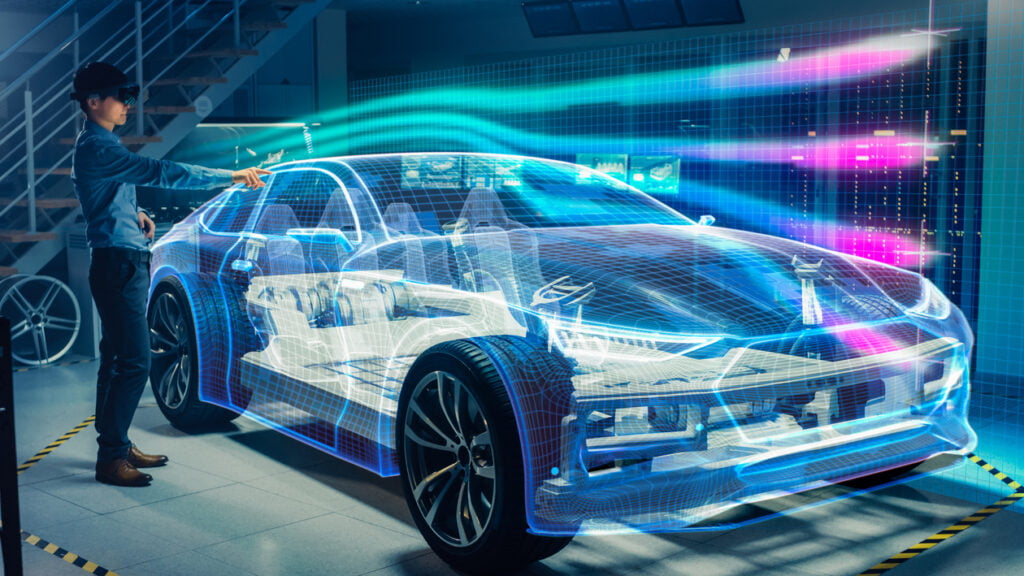

Facebook comments